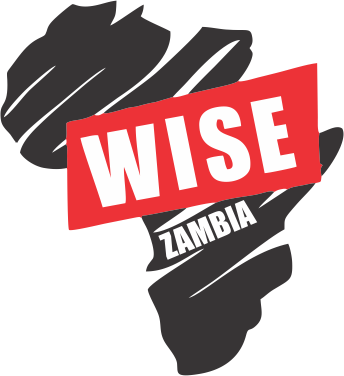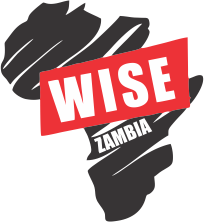Reading is Fun - And Fundamental!
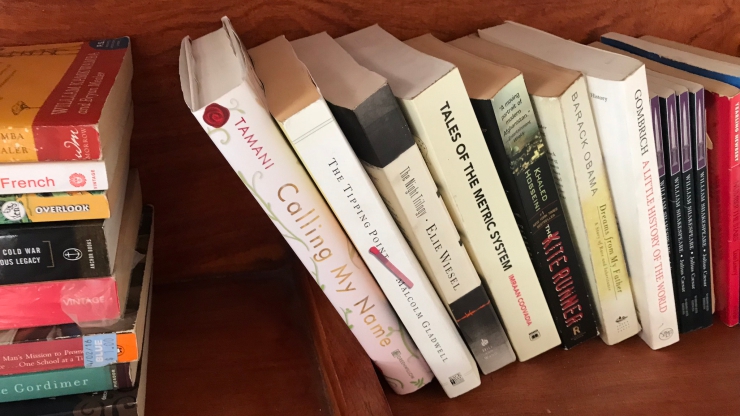
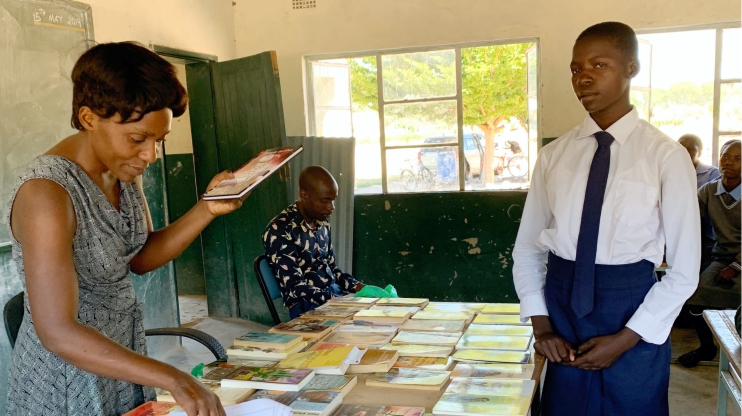
Remember those “reading is fun” summer programs you participated in as a child with a local library, winning some sort of prize depending on the number of books read? Certainly a laudable program to ensure that the three months of vacation did not go entirely to waste!
WISE, too, has commenced a “reading is fun” program. But throw out all of your perceptions about “reading is fun” programs for your own youth. The urgency of the reading programs here cannot be overstated.
The video and photos in this blog were taken at the first stop in the WISE literacy campaign, at the Lunyati Basic School in the Western Province of Zambia. Like most of the schools with whom WISE works, the school is located in a rural, farming area of the Western Province, far from any established towns. Typically a four-wheel drive is necessary to get to the school. Over 1,015 students (grades K-10) are crammed into eight classrooms. The school has no access to electricity, cell phone coverage, or internet. It has no library.
More significantly, rural students face educational barriers not faced by town and city students. In Zambia—like most African nations—the “official” language of the nation is that of its European colonizer. Thus, Zambia, the official language is English. But most children’s first language is their traditional language (only 2% learn English as their first language). There are 72 different dialects in Zambia, including Bemba, Tonga, Nyanja, and Silozi. Early grades are typically taught in the local dialect, with the transition to English occurring in the 5th and 6th grades.
For children raised in towns and cities, this transition is not difficult, as these children have been surrounded by English since birth, on television, all stores and businesses, and the like. But for rural students, their first exposure to English is only in school and they have little opportunity to use English skills outside the classroom. Thus, when WISE scholarship students move on to secondary school and college, their English skills are often behind those of other students.
Thus, for our rural students, reading is not only “fun,” but fundamental. It provides the opportunity for these students to improve their English proficiency skills. In addition, it opens new worlds to these students, most of whom have never been to any of Zambia’s major cities or town, let alone outside Zambia. While WISE does provide small prizes to the students for successful participation in the program, the real prize is increasing the students’ ability to extend their educations to high school and beyond.
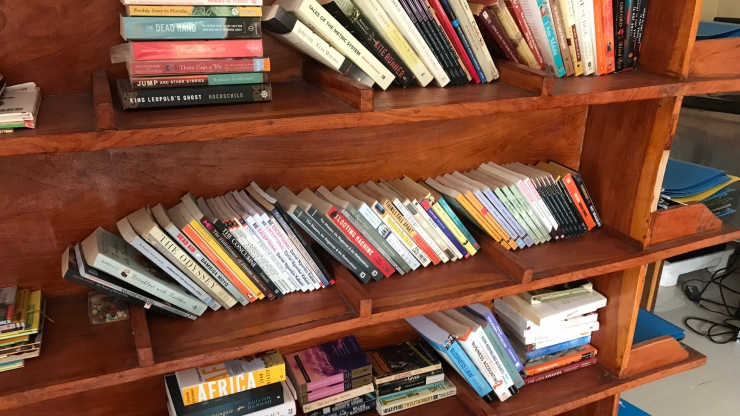
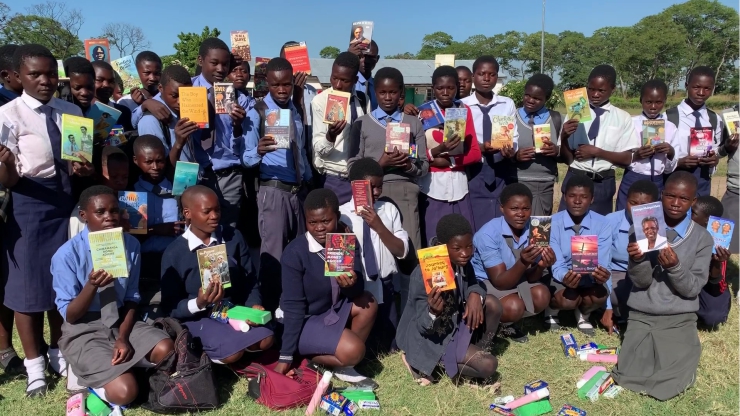
WISE Zambia is a United States 501(c)(3) nonprofit organization, Federal Tax ID# 41-2141986. WISE Zambia is a registered Zambia non-governmental organization, Tax No. 1019286370
© Copyright 2023 Sishima Graphic Design (Zambia)
